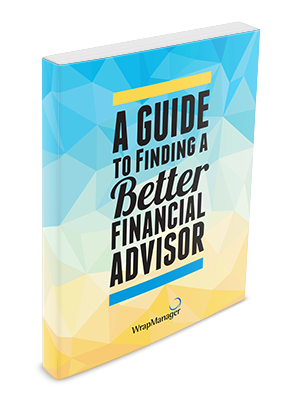Here’s a fact about financial advisors (NOT Investment Advisors) that may surprise you: they do not necessarily have to act with your best interests in mind. Please, take a moment to shake your head in disbelief. It’s ok.
Actually, it’s not ok! The way the law exists today, advisors and brokers can be classified in one of two ways. Either they give you investment advice according to the fiduciary standard, or they adhere to what's known as the suitability standard. It’s the latter one that can be problematic, and it’s also the growing subject of legal debate as the White House and Department of Labor consider new rules. Below, we broke down what you need to know now and what to look for ahead.
[+] Read More













